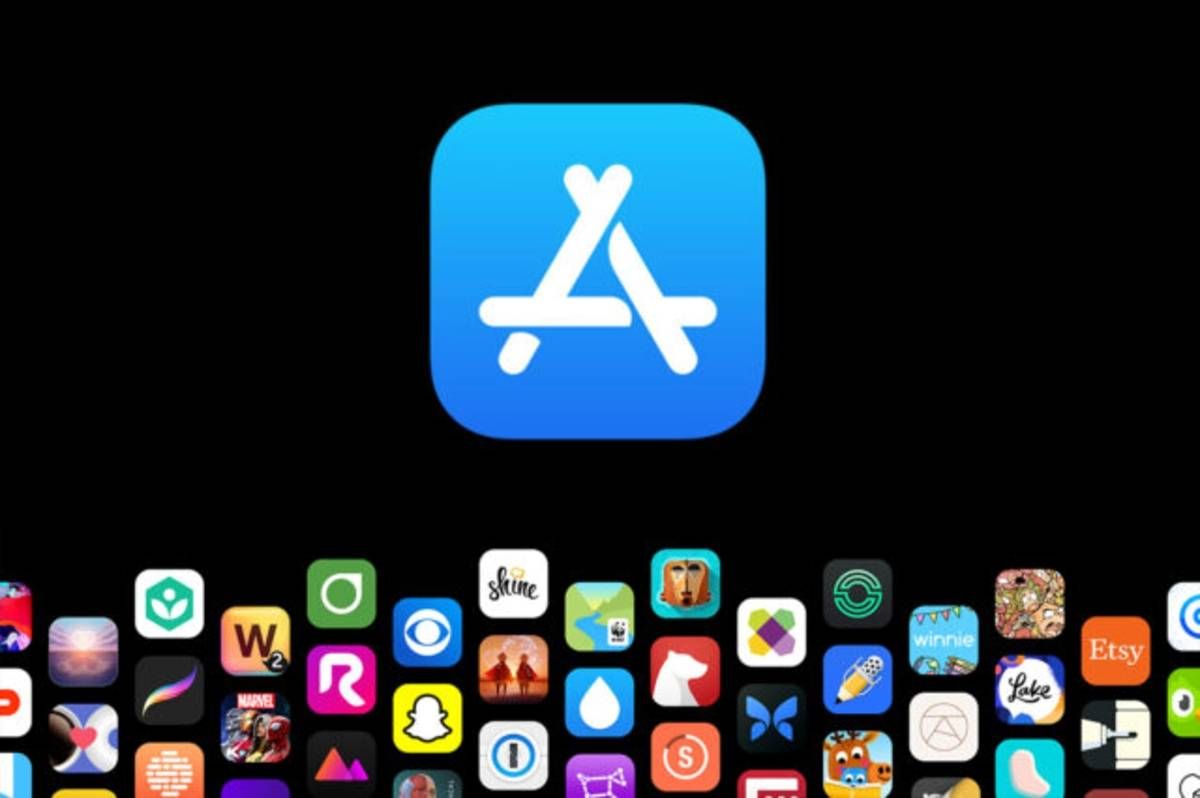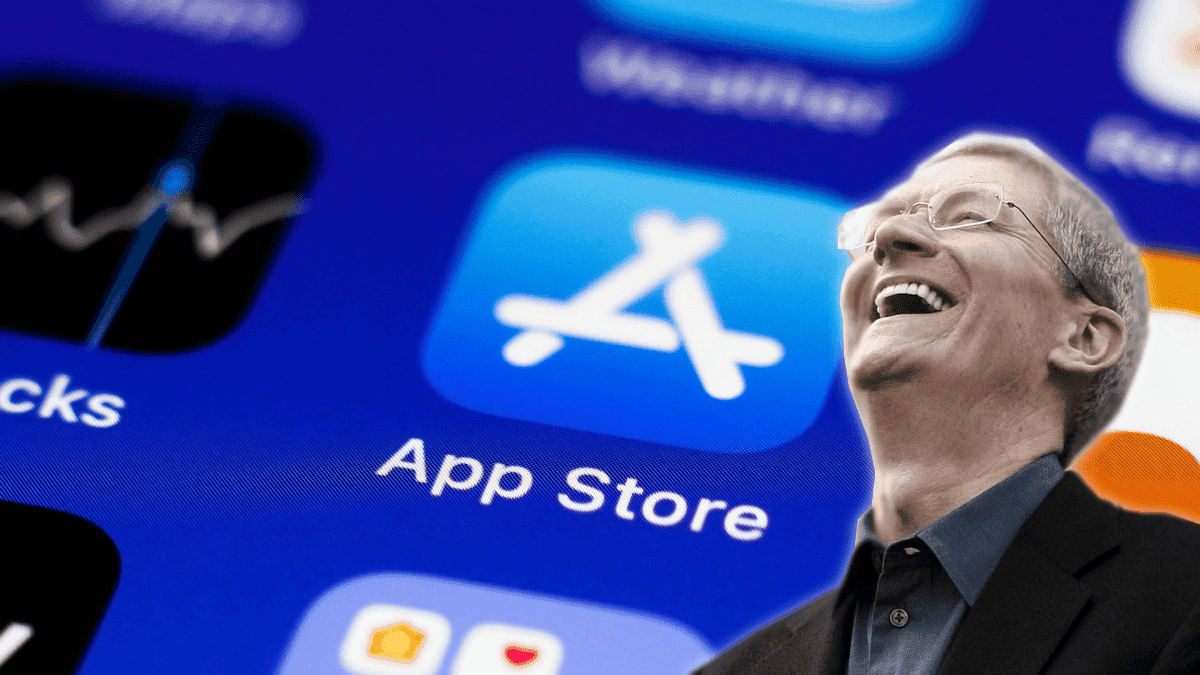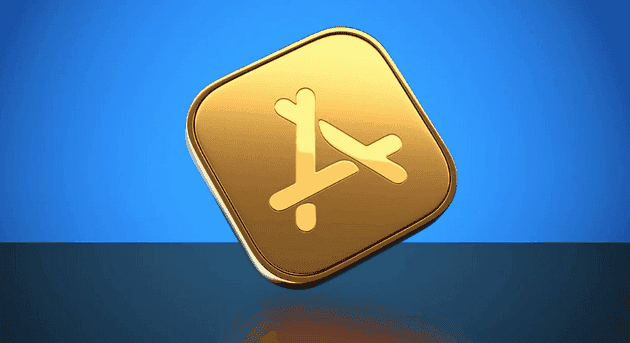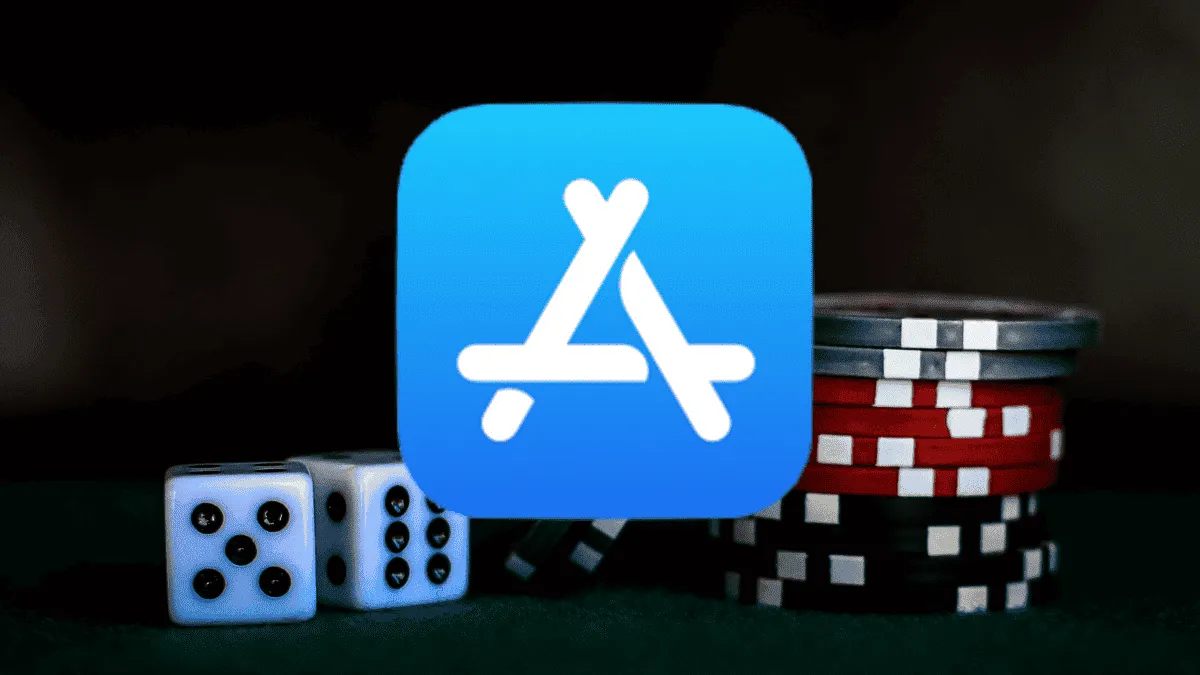No doubt, iPhones are safer if you are trying to avoid "junk apps". However, "safety" comes at a huge price that many mobile phone users are not willing to pay. iPhone users do not have half the freedom that Android users enjoy. Although the fluency and functionality of the iPhone are not as good as Android in some cases, we have to admit that it is because of the closed nature of the iOS system that it has a safer environment for use. Many consumers buy iPhone devices for this reason. In addition, the iPhone is also more friendly to middle-aged and older users. Nevertheless, those that got the iPhone because of its "safety" needs to start reevaluating their action. With the addition of a new bill, iOS will face some challenges. The system will now be as open as Android has been.

iOS allows the use of third-party app stores
In March of this year, the EU formed a "Digital Market Law" aimed at regulating the operation of large Internet companies. This bill is mainly to prohibit certain gatekeepers who "act as both referees and players" from taking advantage of their dominant positions in data sharing, software installation, platform selection, ad promotion, etc. to obtain high monopoly profits or limit market competition. If the company violates the rules, it will be fined 4%~20% of the global turnover for a fiscal year.
The emergence of the "Digital Market Law" means a lot for Apple. Some time ago, Bloomberg Mark Gurman’s latest report stated that Apple has begun to let engineers prepare for a new project. The project is to make major adjustments to the App Store strategy on the iPhone. This will allow third-party app stores on the iPhone and iPad. With this, the device can bypass the App Store to install certain programs.
This change is likely to appear on iOS 17 next year. Allowing iOS users to install apps from outside the App Store is known as sideloading. Sideloading allows users to install apps that have not been reviewed through their own channels (such as web pages, installation packages, etc.). This is also what Windows and Android have been using. If Apple completely opens up sideloading, in other words, Apple will not be far from becoming Android.

Cook vehemently rejects sideloading
Previously, Tim Cook had a very firm attitude on the issue of sideloading. He said at the New York Times DealBook Summit: "If you want to sideload apps, you can buy an Android phone". He adds "an automaker that sells cars without airbags or seat belts, is taking too muck risk...choose between a safe and protected platform or an ecosystem that allows sideloading".
In addition, Apple also said that sideloading is "a cybercriminal's best friend" and can make consumers vulnerable to malware, scams, data tracking and other attacks. Judging from the EU bill, in fact, the most important restriction is to prevent Apple from taking advantage of the App Store to charge high commissions for in-app recharge. Since the game developer itself does not have a distribution channel, it needs to cooperate with the distribution platform, that is, the app store. Apple has been charging developers up to 30%, a fee known as "Apple Tax".
Apple compromises, but do consumers really like it?
The Android system may have many issues but it is doing just fine. So, those that think allowing sideloading on iOS will bring a lot of chaos need to think again. For the first few months, users will face a lot of issues. However, with time, everything will return to normal.

Taking Android as an example, sideloading will cause different version numbers of apps to be listed in each app store. This means that you can install the app and as soon as you open the app, you get a prompt to update to the latest version. This creates some sort of initial confusion.
In addition, if iOS supports third-party app stores, there will be a serious problem in terms of fees. Different app stores will have different software sharing. For example, Apple may charge 30%, while other app stores charge 20%. In fact, there will be exclusive software or stores that will charge as much as 50%. As the cost increases, the recharge price will naturally increase. The major app stores will use the iPhone as a battlefield and continue to compete with the AppStore. Only consumers will suffer.
Huge impact on security
In terms of security, there will also be a big impact. There is still some illegal software on the AppStore. AppleStore has always been known for its strictness and this reduces spam apps. For example, when we download apps from third-party app stores, pop-up windows and ads are everywhere. They will request your address book info and SMS info which could be stolen. This is one of the risks that iOS users stand to face.

There are some software that asks for permission to provide various inexplicable functions for iOS. As a result, the phone crashes due to a conflict in a certain function. This common phenomenon of Android will also be extended to iOS. At that time, will consumers scold the software, or shoot at Apple? Most likely it's Apple.
If Apple compromises the EU's demands, other countries will naturally exert heavy pressure on Apple to open up. Therefore, if iOS really provides a third-party app store, users will have a big decision to make. Whether to use the cheaper third-party app store or the more expensive Apple app store.






Place comments
0 Comments
You are currently seeing only the comments you are notified about, if you want to see all comments from this post, click the button below.
Show all comments